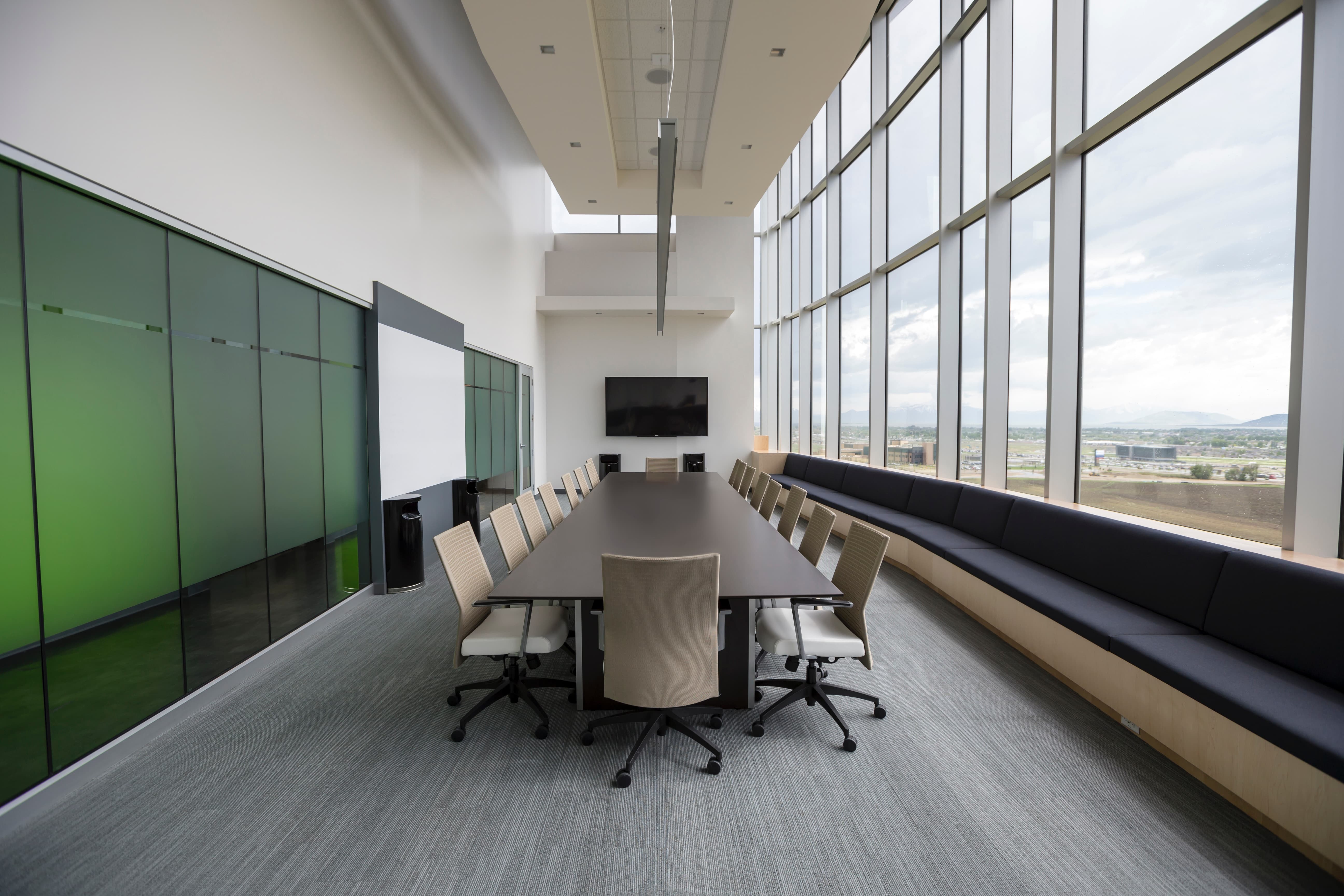The way we work is undergoing unprecedented change, and it’s happening at such a rapid rate that workplaces of the future will be unrecognisable. Turning up to the office and logging in for a full eight hours will be viewed as an archaic practice as companies fully embrace the advantages of remote working.
What’s caused this change?
Remote working has been made possible by the rise of technologies such as broadband, the resultant adoption of communication technologies such as VoIP (voice over IP), and resource management systems such as flex. Data from the Office of National Statistics shows that 4.2 million people regularly worked from home in 2015, and by next year it is expected that half of the UK workforce will be working remotely. A study by IWG revealed that a staggering 70% of people across the world already work remotely at least once a week. A worldwide phenomenon that shows no sign of slowing down; within a decade the traditional ‘office’ will possibly be considered an outdated concept.

Benefits for employees
Remote working has become so popular amongst employees, because having the choice of where to work has a massive effect on their morale and happiness levels. A healthy work-life balance means employees can spend more time with friends and family, and they can save money on commuting to the office. Instead of spending an age on the bus or train, they can instead get right down to work without missing a beat.
Far from impeding productivity, remote working can actually improve it, because employees work more efficiently in places that they feel happy and comfortable. Research by CanadaLife discovered that remote workers consider themselves as more productive: home workers rated their productivity at 7.7 out of 10, compared to those working in open-plan offices who rated their productivity at 6.5 out of 10.
Benefits for employers
It may take time for employers to adjust to this new way of working, but it will undoubtedly reap huge rewards. One of the key reasons why employers make the switch is to increase the productivity of their workforce. Employees who work from home are much more likely to work a true full shift (or possibly more) as opposed to arriving late to the office or leaving early. Also, time that would traditionally be spent commuting can be used more efficiently.
The opportunity to work remotely enhances talent recruitment and retention. Millennials and members of Generation Z value flexibility in the workplace, so those companies that embrace remote working are seen as in touch with their employees’ needs and are more likely to attract skilled people from further afield, given the reduction in travel.
All employers want to save money wherever they can, and remote working can be a crucial way of reducing costs. Having less people in the main office will reduce business overheads. Fewer people in the workplace means less office space is required, which cuts the cost of the lease along with heating and cooling rates, lighting and other expenditures. Some companies have even replaced their office rental with a virtual office agreement which enables them to keep a commercial mailing address with access to meeting rooms and day office rental, without the long-term commitment and cost of a full-time office.

“Work should focus on the activity, not on a location … What’s most important is the outcomes, not the inputs” – Daniel O’Toole, CEO of flex
The Negatives
While most staff would perform well if given the opportunity to work remotely, there will always be a few people who would take advantage of the situation to do anything other than work. Holding them accountable is difficult, however there are online HR tools designed to monitor employees time usage and track productivity.
Next, there is a danger of damaging your company’s culture, because fixed-office staff might not view remote workers as part of the team, and remote workers may feel like they’re left out. Video-conferencing software such as Skype or Google Hangouts can be used to negate this effect, but it doesn’t provide a concrete solution.
Finally, there is a huge increase in the risk of security breaches, especially if staff work with sensitive data. The risk can be reduced with the use of encrypted software and password management programmes, but if the risk is still too prominent it would be best to stick to the office.
Final Thoughts
Even with the negative aspects of remote working mentioned in the previous section, the number of workers worldwide who transition into some form of remote working will undoubtedly increase over the next few years. There are just too many positive factors to slow it down. And that’s a very good thing because if it means an increase in happiness and productivity, that will only serve to boost economies.